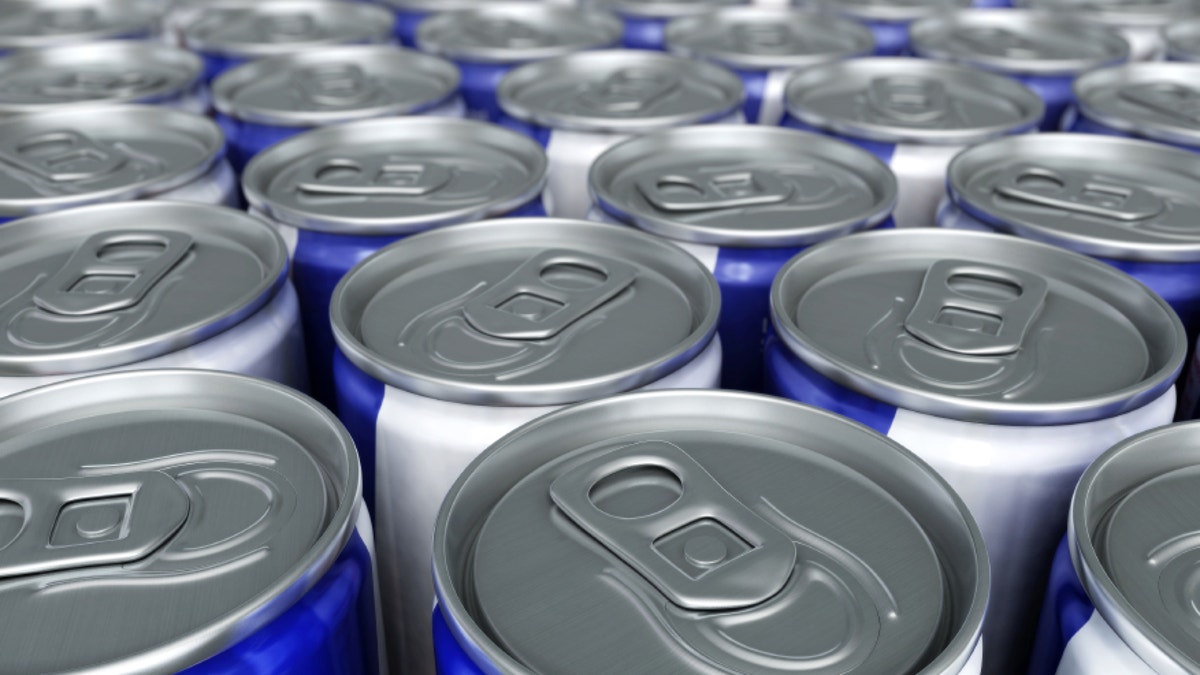
The involvement of energy drink companies in research into their products has prevented clear answers about the risks these drinks may pose, argues a new editorial in a prominent medical journal.
In the pages of the journal BMJ, a researcher raised concerns about the role of energy drink makers, specifically Red Bull, in the design and interpretation of research into the safety of these drinks. The studies have investigated whether energy drinks worsen the harms from alcohol consumption when the two beverages are taken together.
"The public needs to be critical consumers of research, especially research that is funded or quoted by parties with vested interests," Dr. Peter Miller, associate professor of psychology at Deakin University in Australia and author of the editorial, told LiveScience. "We still don't know if energy drinks cause harm, and the current experimental evidence is unable to explain the worrying epidemiological findings we have."
Research has shown that people who consume energy drinks and alcohol together tend to have higher blood alcohol levels than people who drink only alcohol, Miller said. And that has lead to concerns that energy drinks may encourage higher levels of alcohol consumption. [7 Ways Alcohol Affects Your Health]
Some researchers say there are no reasons to suspect the safety of energy drinks combined with alcohol; however, these researchers are often funded by energy drink makers, who may have had some involvement in research design, Miller said. So there is reason for skepticism when such researchers say energy drinks do not promote alcohol consumption.
Red Bull spokeswoman Patrice Radden said, "Red Bull is funding high-quality research," in response to a request from LiveScience for comment on Miller's editorial.
But Cecile A. Marczinski, an associate professor of psychology at Northern Kentucky University who has studied consumption of alcohol and energy drinks together, said not enough research has been done on whether energy drinks can lead to more alcohol consumption.
Laboratory studies show there are reasons to think people may be harmed by mixing energy drinks and alcohol, Marczinski said. People may be inclined to drink more because they feel stimulated, because they don't feel as tired or because the flavor leaves them less aware of how much alcohol they've consumed.
While some studies have shown energy drinks do not decrease people's awareness of their intoxication, Marczinski noted that those have been small studies (one done in the United Kingdom had only 20 participants).
The study designs also had some issues, she said. Although Red Bull has provided a "placebo" beverage for studies of energy drinks in the past, Marczinski said that there are some potential problems with that method.
"There's been no independent evaluation that the placebo drink is devoid of stimulants," she said.
One major problem for research is that ethics limit how much researchers can allow study participants to drink, Miller said. As a result, experiments do not simulate real-world situations.
Marczinski said she cannot have study participants reach a blood alcohol level higher than 0.08 in her own research. Both she and Miller recommended that more research be done in natural settings, such as bars, where people choose on their own to have energy drinks together with alcohol.
But, Marczinski said, the research and evaluation needs to be more independent.
"I think there is a conflict whereby the company is likely to lose sales if it is suddenly no longer possible to mix energy drinks with alcohol," Marczinski said.
The editorial is published online Sept. 12.
Copyright 2013 LiveScience, a TechMediaNetwork company. All rights reserved. This material may not be published, broadcast, rewritten or redistributed.
